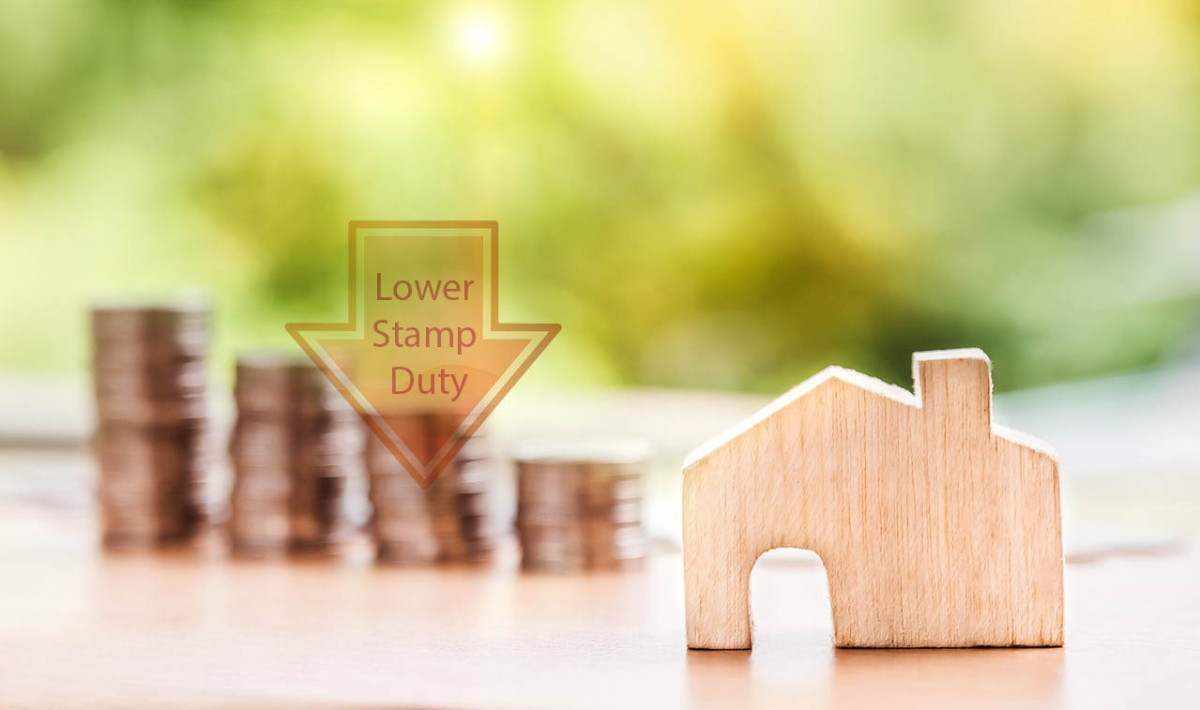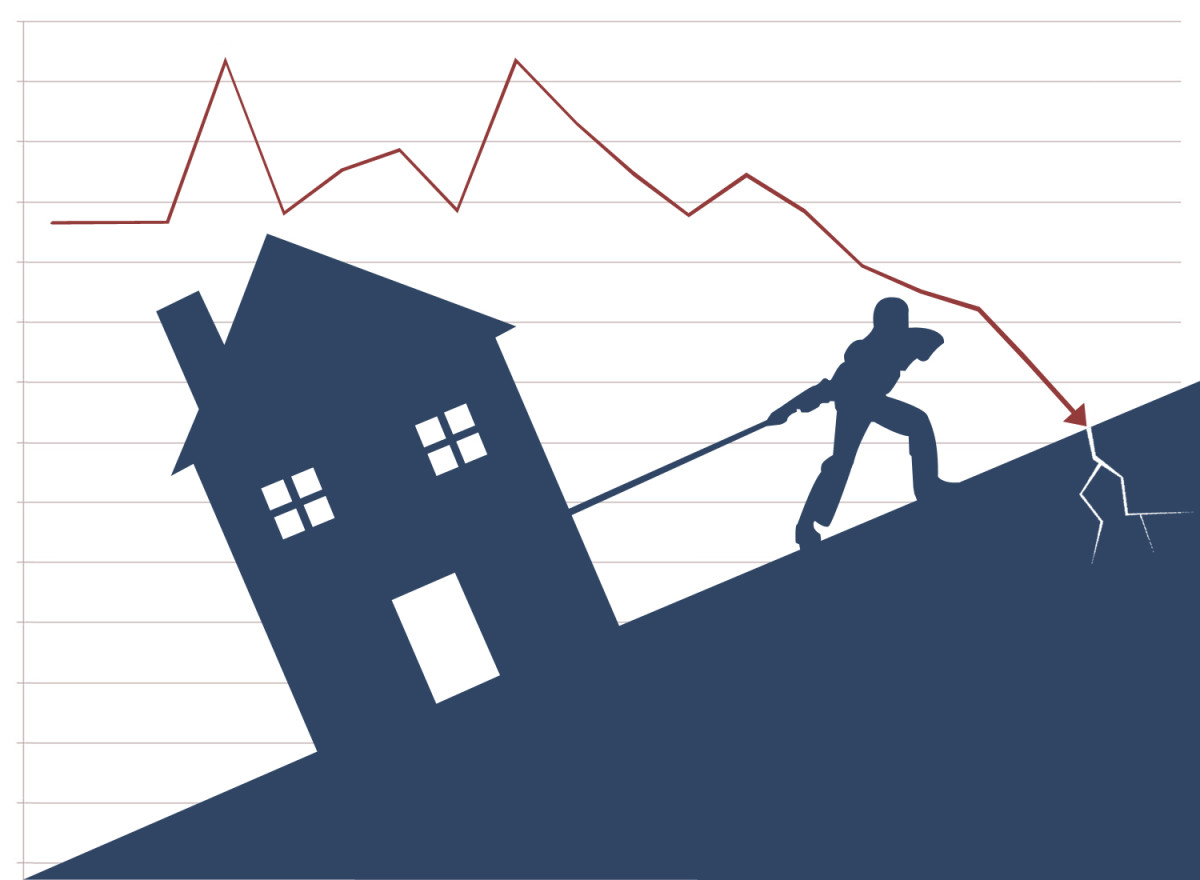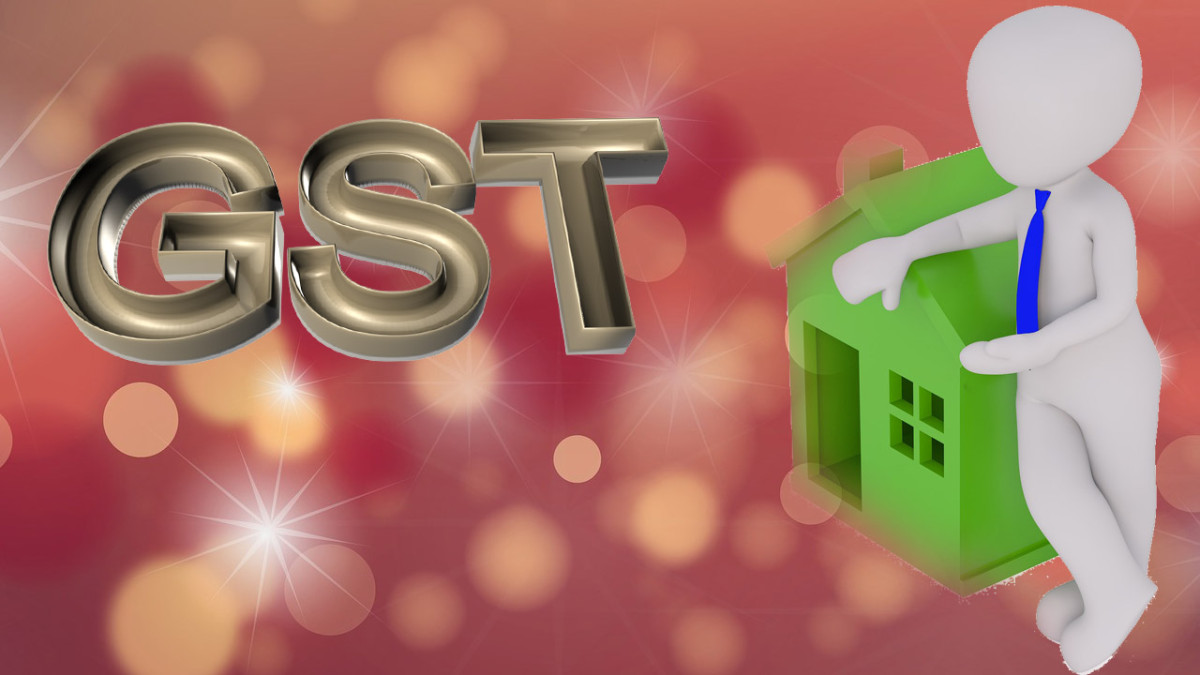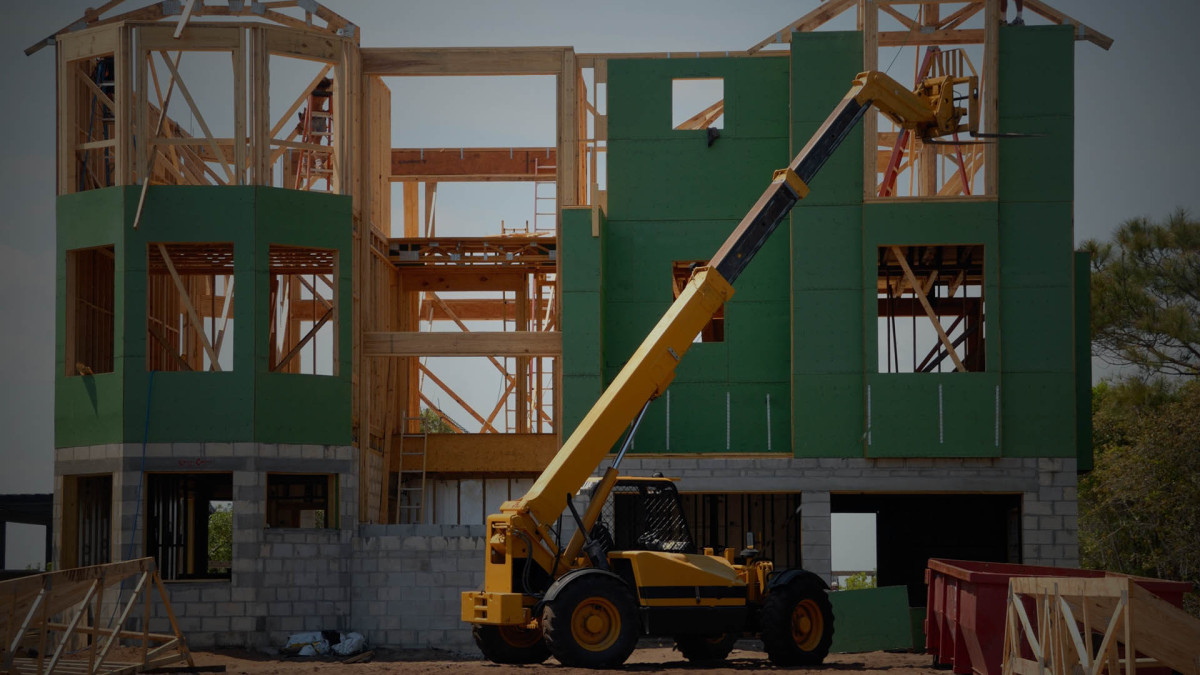Is there one thing that is taking you back from property investment? Are you taken back by additional GST burden on your chosen apartment? Here are some confluent factors that one should know before putting money on residential properties these days.
Sale of an apartment is a supply of service or a sale of immovable property under GST regime– With a set budget, just when you were ready for buying a property, GST implementation dropped adding to your budget. If you think the same, please check some important facts about the central government introduced unified tax reform. According to the clause 5(b) of the Schedule II of CGST Act, 2017, construction of a house/apartment/flat intended for sale is a supply of service.
Anyhow, the clause 5 of Schedule-III of CGST Act, 2017 says that if the entire absorption for the apartment/house is obtained after the receipt of completion/Occupancy certificate (OC) from the competent authority or followed by its first occupation, whichever earlier, then such action would be neither considered as supply of goods nor a supply of service. However, a transaction related to sale of such immovable property after initial occupation or after receiving receipt of OC won’t draw GST.
Taxation on Land property- You need not arrange extra money for land purchase as the sale of “Land” is neither ‘Goods’ nor ‘Service’, thereby is exempted from GST, as provided under Clause 5 of schedule III of the CGST Act, 2017.
GST rate on supply of services related to construction of residential apartments– According to Sl. No. 3(i) of Notification No. 11/2017-CT (Rate) dated 28.06.2017 construction of residential complex is under GST @18% slab [CGST @ 9% and SGST @ 9%] which includes- construction of complex, civil structure or a part thereof, building, apartment wholly, partly intended for sale to a buyer, excluding where the entire consideration has been received following insurance or completion certificate by the capable authority or its first occupation, whichever prior.
The supply of residential properties (flat/house/complex) also entails transfer of ‘land/exclusive share of land’ which is not taxable under GST; in that case, the value of the land will be accounted as 1/3rd of the total amount charged for such supply, says the Para 2 of the said Nfn. No: 11/2017-CT (R) dated: 28.06.2017.
So, GST on a flat/house shall be 2/3rd of the total consideration cost which is 12% of the total consideration including land /undivided share of land.
Input tax credit on goods/inputs (sand, cement, steel items etc.) and input services (Designing, planning, construction etc.)- The builders/developers are eligible to avail credit on goods and input services used in the course of development. The Section 16 along with Section 17(5) of the CGST Act, 2017 narrates that Builders/Developers are entitled to avail ITC of the GST paid on goods, inputs like: Sand, Cement, Steel, Gravel, Electrical cables, switches etc.; and Capital Equipments like: Mixer, Crane etc.; and input-services as: Manpower Supply Service etc.; Architectural services like Drawing, Designing etc.
Sub-contracted construction services (including or excluding materials) can also avail ITC as the provision don’t fall under clauses (c) and (d) of Section 17(5) of CGST Act, 2017. Thus, these people belong to the independent taxpaying category.
Input Tax Credit facility on Tripper, JCBs and Dumpers and other delivering transpiration– Sec. 17(5) (a) (ii) of the CGST Act, 2017 says that ITC is available on Tippers and Dumpers which are categorized as Motor Vehicles (under Clause (28) of Section 2 of the Motor Vehicle Act, 1988 read with Section 2(76) of the CGST Act, 2017).
GST levied on interstate stock transfer of input and capital equipment by the same builder– Supply of construction materials by the same builder from one to another site won’t attract GST, if the registration number of the construction activity is same. This kind of transfer can be made under a delivery challan. Again, with the same registration number if a builder/developer opens another business in any other state and is required to transfer capital equipment or inputs, is not liable to pay GST.
In terms of the Section 25(4) of the CGST Act, 2017, builder/developer with more than one registration number whether in a state or UTs or different states and UTs are liable to pay GST, as different registration numbers will be considered as two different entities for the purposes of GST and according to the clause 2 of Schedule-I to the CGST Act, 2017 this kind of supply invariably falls under taxable supply. GST paid on such supplies can be proceeded as Input tax credit by the recipient. The estimation of such supplies of will be as per provisions of Sections 15 and 18(6) of CGST Act, 2017 read with Rule 28 of CGST Rules, 2017.
In case builder avails ITC services on construction of flats out of which some are sold on payment of GST and rest sold without payment of GST– the provisions of Section 17(2) of the CGST Act, 2017 highlights that where the goods and services or the both used by registered person partly for the production of taxable supplies and partly for effecting tax excused supplies, then the amount credit will be reduced to so much of the input tax as it inferable as taxable supplies. Additionally, the sale of flats after issuance of completion certificate without GST payment as per the clause 5 of schedule-III to CGST Act are exempt supplies for the principle of Section 17(2) ibid as specified vide Section 17(3) mentioned earlier, read with clause (b) of paragraph 5 of Schedule II and clause 5 of schedule III to the CGST Act, 2017.
Under these circumstances the process of credit of entitled ITC has been described under the provisions of Rules 42 (for inputs and input services) and Rule 43 (for capital goods) of the CGST Rules, 2017. Anyhow, refund of un-used input credit is not allowed As per Notification No. 15/2017-CT (Rate) dated 28.06.2017 issued under the provisions of Section 54(3) of the CGST Act, 2017.
_LNN (Liyans News Network)- Explore luxury residential property sale in Kolkata. Invest in on-hand projects exempted from GST. Avail the GST benefit, up to 8% off on selected luxury residential projects.





